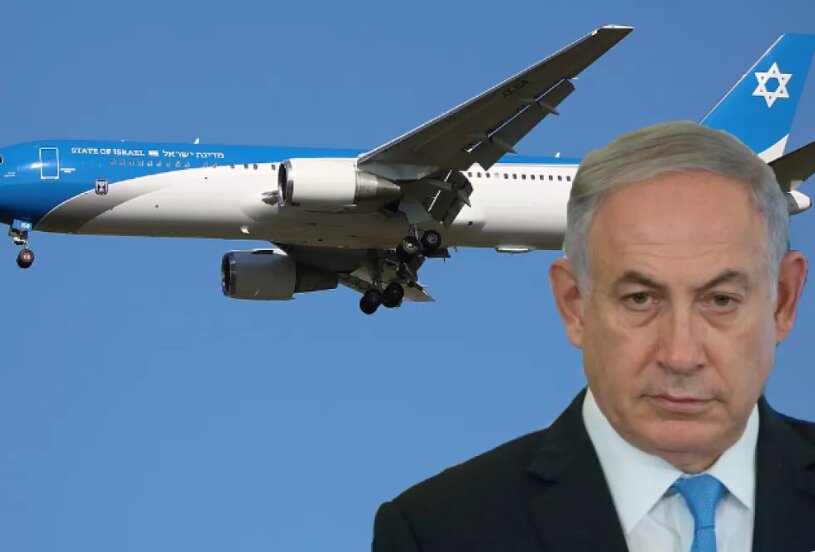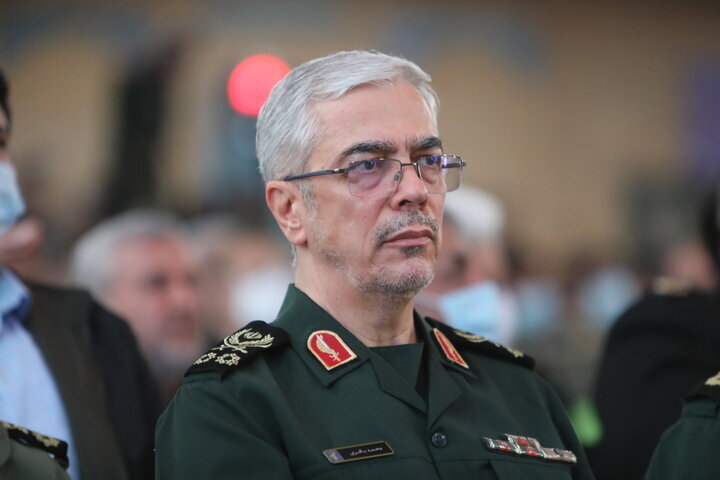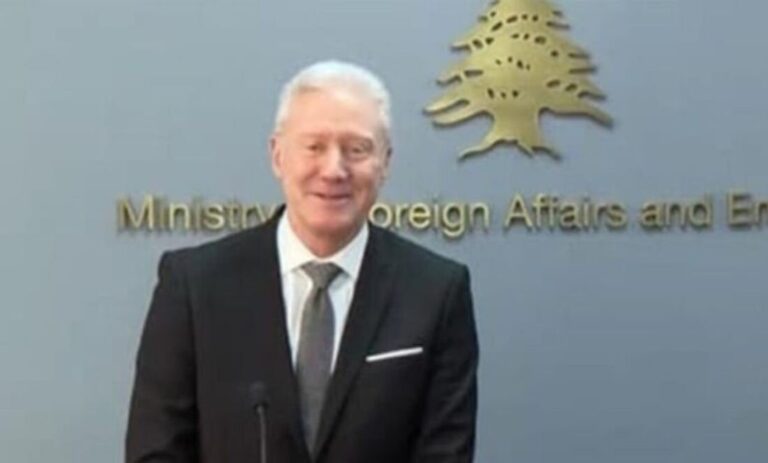Turkey Opens Airspace for Netanyahu’s Flight: A New Chapter in Diplomatic Relations
Turkey has announced that it will permit the use of its airspace for Israeli Prime Minister Benjamin Netanyahu’s upcoming trip to Azerbaijan. This significant diplomatic gesture marks a notable moment in Israel-Turkey relations as Netanyahu prepares for his visit on May 7.
According to the Report News Agency, “Benjamin Netanyahu’s Kanaf Zion plane will arrive in Azerbaijan in the evening hours of May 7.” This announcement has generated considerable interest, particularly in light of the historical context of Israel-Turkey relations.
In recent years, the dynamics between Turkey and Israel have seen various fluctuations, influenced by political, economic, and military factors. The decision to allow Israeli air traffic is seen as a positive step towards improving bilateral ties.
The Azerbaijan-Israel Alliance (AIA) has also confirmed the details of Netanyahu’s travel plans. The prime minister’s visit is expected to strengthen the existing partnership between Israel and Azerbaijan, which has been growing in various sectors, including technology, energy, and security.
Key Highlights of Netanyahu’s Upcoming Visit
- Date of Arrival: May 7, 2023
- Destination: Baku, Azerbaijan
- Purpose: Strengthening bilateral relations
- Significance: First visit of Netanyahu to Azerbaijan in recent years
The Israeli prime minister’s visit comes at a time when both countries are looking to enhance cooperation on multiple fronts. The historical ties between Azerbaijan and Israel date back to the early 1990s, and over the years, both nations have fostered a strategic partnership.
During his visit, Netanyahu is expected to engage in discussions with Azerbaijani officials, focusing on key issues such as:
- Defense Collaboration: Exploring opportunities for joint military projects and arms trade.
- Energy Cooperation: Discussing the supply of energy resources and potential investments in Azerbaijan’s oil and gas sectors.
- Technological Exchange: Enhancing cooperation in technology and innovation, particularly in cybersecurity and agriculture.
Netanyahu’s visit also comes amid a backdrop of broader geopolitical dynamics in the region. Both Israel and Azerbaijan share common interests, including countering threats from neighboring countries and fostering stability in the South Caucasus. This alignment has paved the way for increased diplomatic and economic interactions.
Furthermore, the use of Turkish airspace is seen as a crucial logistical support for Netanyahu’s travel plans. Turkey and Israel, despite their past tensions, have maintained diplomatic channels and have occasionally cooperated on various issues. This airspace allowance may indicate a willingness to improve relations further.
In addition to political discussions, cultural exchanges between the two nations are also expected to be a topic of interest. Both countries have rich cultural heritages, and fostering people-to-people connections can help solidify the bonds between them.
As Israel continues to navigate its foreign relations, particularly in the context of its interactions with Muslim-majority countries, the significance of this visit cannot be understated. It reflects a broader trend of normalization and dialogue, which can lead to enhanced stability in the region.
In conclusion, Benjamin Netanyahu’s upcoming visit to Azerbaijan on May 7 marks a pivotal moment in the ongoing relationship between Israel and Turkey. The allowance of Turkish airspace for Netanyahu’s travel underscores the potential for improved diplomacy and cooperation between the nations involved. As both countries move forward, the outcomes of this visit could have lasting implications for regional politics and bilateral relations.






